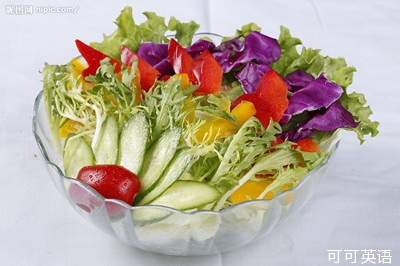Pictures of food.
食物的照片。
Snapping photos of meals is one of the less expected viral social media trends.
为一大桌子美食拍照是已经成了无法预料的病毒性社交媒体趋势。
That megaburger, the cheesy burrito, the strawberry shortcake, captured forever as an object of desire.
比如这块巨大的汉堡,芝士玉米煎饼,草莓酥饼,捕捉到的瞬间永恒勾起人们对于食物的欲望。
But food photography can backfire.
但是美食摄影可能恰恰适得其反。
Because a recent study finds that looking at a lot of photos of food can make foods similar to those pictured less enjoyable to eat.
因为最近的一项研究发现,看很多的食物照片的可能会使类似的食物少了几分享用的乐趣。
Due to what scientists call “sensory boredom.”
科学家们称其为“感觉性无聊”。
 Researchers had more than 230 people look at and rate photos of food.
Researchers had more than 230 people look at and rate photos of food.
研究人员让超过230人看食物照片并进行评价。
Half of the group viewed and rated 60 pics of sweets like cake and chocolates.
一半的人会观看60张像蛋糕和巧克力糖果等甜食的照片。
The other half saw and rated 60 photos of savory foods like chips and pretzels.
另外一半的人则观看60张如薯条和椒盐脆饼等风味食物的照片。
Then everyone in the study ate salted peanuts and rated them.
然后被测试者们进食咸花生之后进行评价。
And the subjects who had seen photos of salty foods enjoyed the salted peanuts less than did the participants who had seen pictures of sweets.
而那些见过咸食物照片的人在品尝咸花生时比观察糖果的人少了几分乐趣。
The study is the Journal of Consumer Psychology.
该研究已经《消费者心理学》杂志上发表。
The salty group never actually saw any peanut photos.
咸味组从未看到任何关于花生的照片。
But, the researchers say, viewing the salty food photos had satiated their sensory experience of saltiness—making yet more of the same less appealing.
但是,研究人员表示观看咸味食品的照片满足他们对于盐度更多的感官体验,这就使得相同的吸引力下降。












